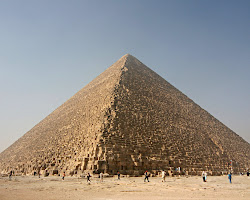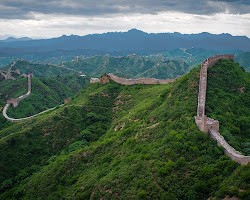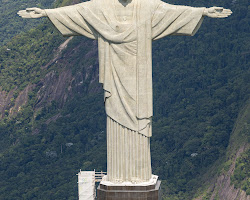7 wonders of the world
The Seven Wonders of the World are a collection of some of the most iconic and awe-inspiring structures and natural features on Earth. There are two main lists of the Seven Wonders of the World: the original Seven Wonders of the Ancient World, and the New Seven Wonders of the World.
Seven Wonders of the Ancient World
- The Great Pyramid of Giza (Egypt)
- The Hanging Gardens of Babylon (Iraq)
- The Temple of Artemis at Ephesus (Turkey)
- The Statue of Zeus at Olympia (Greece)
- The Mausoleum at Halicarnassus (Turkey)
- The Colossus of Rhodes (Greece)
- The Lighthouse of Alexandria (Egypt)
New Seven Wonders of the World
- The Colosseum (Italy)
- The Great Wall of China (China)
- Chichen Itza (Mexico)
- Christ the Redeemer (Brazil)
- Machu Picchu (Peru)
- Petra (Jordan)
- Taj Mahal (India)
The original Seven Wonders of the Ancient World were all built over 2,000 years ago, and only one of them, the Great Pyramid of Giza, still remains today. The other six wonders were destroyed by earthquakes, fires, or other natural disasters.
The New Seven Wonders of the World were chosen in a global vote in 2007. They represent some of the most important and iconic cultural and natural heritage sites in the world.
These two lists of the Seven Wonders of the World are just a starting point for exploring the many amazing places on Earth. There are countless other natural wonders and human-made structures that are just as awe-inspiring and deserving of recognition.












Comments